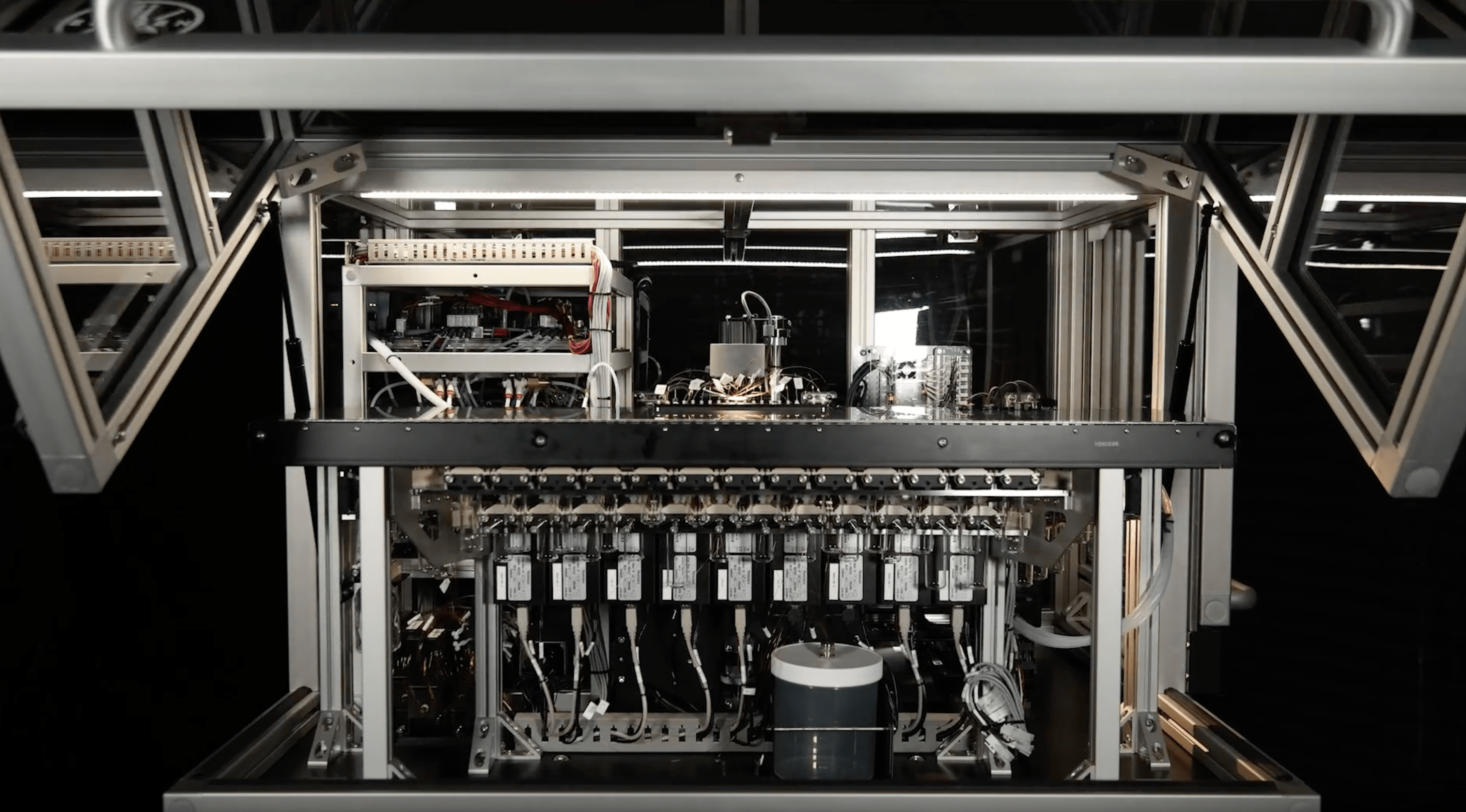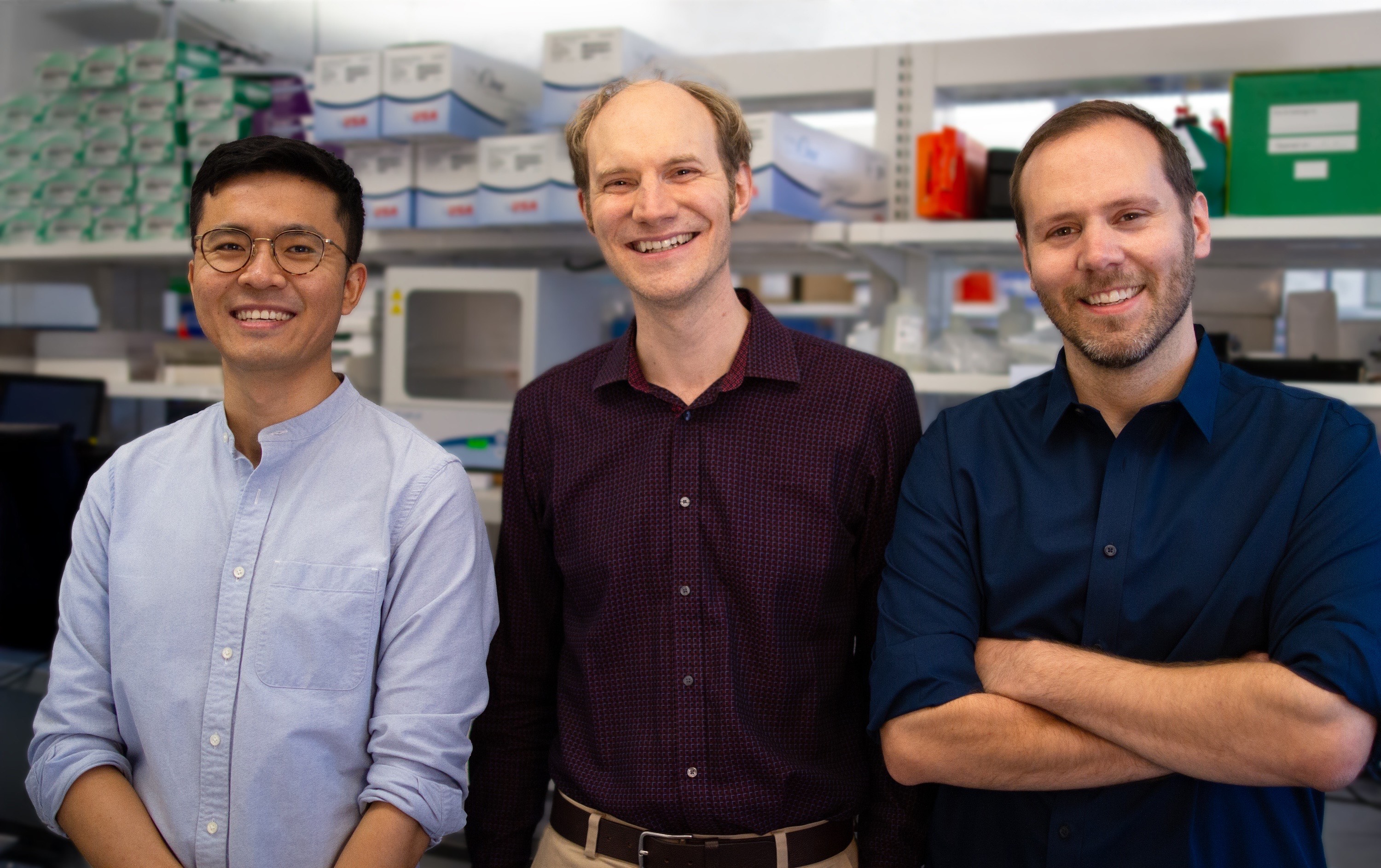SynBioBeta’s First Green New Deal Town Hall: Sweeping Visions, Growing Consensus
SynBioBeta’s First Green New Deal Town Hall: Sweeping Visions, Growing Consensus
In the same week that Representative Alexandria Ocasio-Cortez (D-N.Y.) gathered co-sponsors for a resolution that would formally introduce the Green New Deal into the U.S. House of Representatives, SynBioBeta hosted its first online town hall on the Green New Deal.John Cumbers, founder of SynBioBeta, moderated the event live from Washington D.C on Tuesday, February 6. Some forty-plus attendees phoned in for a lively conversation that lasted over an hour.Why would this group, which is dedicated to the responsible development of synthetic biology, care about this piece of nascent legislation? Because we believe that biology has something to teach us about living sustainably on this planet. We also believe that biotechnology will play an important role in moving our society and economy past petroleum. The climate crisis we are all facing demands fresh ideas, ambitious programs, and broad, multifaceted support.Highlights from early on in the conversation include:
- Keira Havens from Pivot Bio (who was among the first in our industry to draw attention to the GND) began the conversation by highlighting the intersection of agriculture, environmental pollution, and microbiology. Specifically, she discussed how Pivot’s new microbial fertilizer is beginning to allow farmers to acquire nitrogen for their crops without relying on the energy-intensive and polluting techniques of the 20th century. “The old nitrogen — fixed from microbes — is the new nitrogen,” Havens said.
- Will Canine, co-Founder of OpenTrons, discussed how his company's affordable laboratory robots are already accelerating what is possible with biotechnology. Automation and other cost-saving innovations will be “fundamental to the kind of economy that the GND would promote,” Canine said.
- Justice Walker, doctoral candidate in the Graduate School of Education at Penn, and Kate Wildauer, now Executive Director at FocusBio, brought young people into the mix by emphasizing the role of early education in developing a sustainable bioeconomy. It isn’t just about science classes, Walker noted, “but also having a mindset that understands the value of sustainable economies.”
The group discussions focused on a number of technical issues, including the feasibility of large-scale biobased carbon sequestration including by natural ecosystems and the possibility of diverting more of our collective waste streams away from landfills and toward productive biomanufacturing. “Imagine what a dump looks like if most of the things you throw away could be inputs to some other process”, Canine said.“We need to be talking about revolutionary ideas.”If the Green New Deal is going to live up to its name, it must be much more than an investment proposal. Its proponents on Capitol Hill aim to do much more than spur high-tech innovation. At the heart of the deal would be an emphasis on social, economic and racial justice — because any real solution to climate change is going to have to operate on multiple levels by incentivizing dramatic change in manufacturing, education, housing and more.“We really need to do something for our children. And for our children’s children,” said Cumbers, who shared the story of how he recently attended to his first ever political town hall with Congressman Ro Khanna (D-C.A.). “I expected it to be formal, but it wasn’t. People just showed up. And I realized: oh, this is just it! Government is whoever shows up.”How can we encourage biologists to show up and make their voices heard? By reframing the discussion, said Havens, who pointed out that the bioeconomy is already much larger than most consumers realize, though we as an industry do a poor job discussing it. “When you make a drug , that goes under ‘pharma,’ And when you make a plastic , that goes to ‘chemical manufacturing,’” Havens said. “I would love to see more consistent engagement. We need a consistent presence going forward.”“Look today at how many billions of dollars the petroleum industry gets,” said Canine. “That is us making a choice about how they want the economy to be powered. What kind of jobs and what kind of technology should drive our economy going forward?”The current way of doing things isn’t just bad for the environment — its also detriment to national security, noted Rob Carlson, Managing Director of Bioeconomy Capital. “It’s important to frame the bioeconomy as a national security issue as well,” he emphasized. “That opens up new conversations in D.C.”Carlson urged that we be open to discussing the ways in which today’s economy is tilted to favor the petroleum industry. Despite these massive subsidies, biochemicals already account for a sixth of the U.S. market. “If the preferences for fossil fuels goes away, biology would win by a mile,” he said.Codifying our valuesCumbers’ closing question was perhaps the most penetrating: ”is there something sinister for industry getting involved in the Green New Deal?”“Absolutely not,” said Canine. “A Green New Deal only succeeds if it becomes profitable to pull carbon out of the atmosphere. In the US, the government doesn’t do those things — private companies execute them. For this community of entrepreneurs, it’s a good thing.”“Regulation and government involvement can be a good thing in shaping the economy”, echoed Haven. “These are the values that we are going to codify and these are the rules we are going to play by.”
This year, SynBioBeta 2019 presents a new theme on the Green New Deal, featuring sessions and conversations that will help you learn more about it and its place in the future of synthetic biology.



.svg)






.png)



.jpg)

.gif)